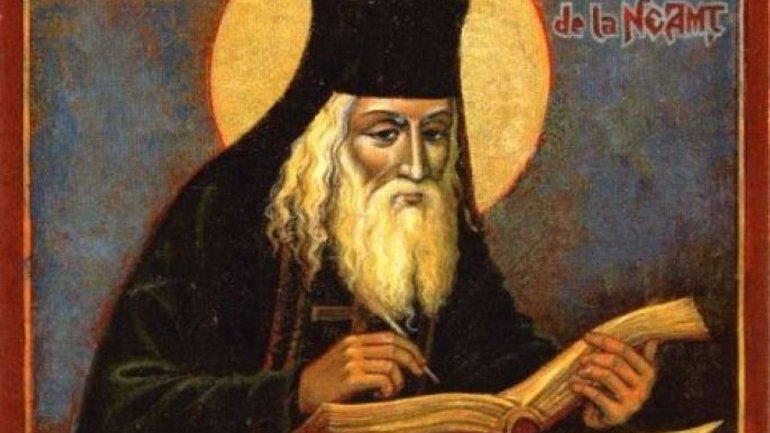Romania honors the memory of the Ukrainian ascetic and elder Paisius Velichkovsky

In the Nyamets monastery, where St. Paisius was the abbot and where his relics rest, divine service was held. In this monastery, once in the second half of the XVIII century. under the abbacy of St. Paisius, a significant part of the monks were former Ukrainian Cossacks (as the Venerable Paisius wrote in a letter to the Koshovyi Otaman of the Zaporizka Sich Petro Kalnyshevsky - "Our brethren are most likely from the Orthodox name of the country of the Zaporizka Sich").
The all-night worship service was led by Archbishop Theophan (Savu) of Iasi, Metropolitan of Moldova and Bukovyna.
The historian and religious scholar Sergyi Shumil mentioned this in his Facebook post.
St. Paisius Velichkovsky (1722-1794) is an outstanding Orthodox ascetic and elder, through whose efforts Orthodox elders were revived in Ukraine, Russia, Moldova, Romania and other countries. His followers founded the famous Optina and Glinskaya deserts, restored the Svyatogorsk and Nyamets Lavras, the Valaam Monastery and many others.
On Mount Athos, elder Paisius founded the St. Elijah Skete. Being a native of a family of Cossack priests from the Poltava region, he spent his initial spiritual development at the Kyiv Theological Academy and the Kyiv-Pechersk Lavra.
Through the efforts of elder Paisius, "Philokalia" and other works of the Holy Fathers were first translated into Slavic. After that, in 1743, St. Paisii Velichkovsky left Kyiv and Ukraine, and he never returned to his native land.









